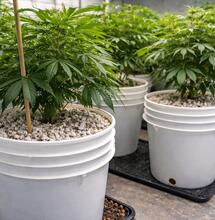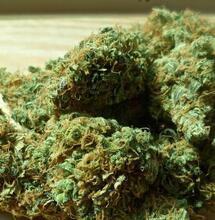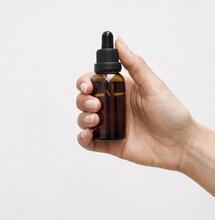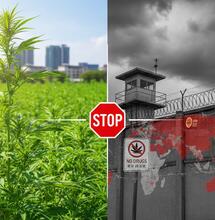Google Drops Ban on Hemp and CBD Ads in Select Region
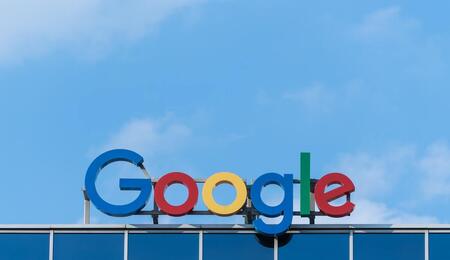
As of January 2023, Google no longer bans the advertising of certain CBD and hemp products, however, only in select parts of the U.S. While the policy shift is geographically limited, it signals change is on the way at Google too.
The internet behemoth announced it is updating its "Dangerous Products and Services and Healthcare and Medicines" to allow cannabis advertising in California, Colorado, and Puerto Rico.
Google said that it would allow the advertisement of certain FDA-approved pharmaceuticals that contain cannabidiol and "topical, hemp-derived CBD products with THC content of 0.3 percent or less."
"Certain formats, including YouTube Masthead, will not be eligible for serving," the company said. "CBD will be removed from the Unapproved Pharmaceuticals and Supplements list. All ads promoting other CBD-based products, including supplements, food additives, and inhalants, continue to be disallowed."
However, it was not immediately clear why Google regionally restricted the policy change. With hemp and CBD being federally legal, products in this category are already marketed nationwide. There are also pharmaceutical drugs such as Epidiolex, which is widely used to treat severe forms of epilepsy and is also federally approved.
While the geographical limitation may not make much sense for the moment, it could be a question of time before Google extends its policy to more states and territories.
Google said it works with a company called LegitScript to issue certification for cannabis products that are eligible for advertising. A company statement from Google says that "advertisers can request certification with Google starting on January 20, 2023, when the form is published."
It says, "In the United States, only topical CBD products certified by LegitScript can be promoted on Google."
The certification process will require that advertisers "provide samples of their product to test for compliance with legal THC limits," and they also need to "provide LegitScript a third-party Certificate of Analysis."
LegitScript CEO Scott Roth said in a press release that the LegitScript seal would signal web surfers that the companies behind the advertised products "operate safely and transparently."
"In an industry that is still seeing widespread problems with products that are tainted, substandard, or illegal, it's more important than ever to give consumers confidence that the CBD products they're purchasing have been properly vetted," he said.
Google faced criticism in 2019 when it announced it would ban marijuana products from its app store, Google Play. However, the company has not maintained a rigid regulations on that, and various apps, including delivery services such as Eaze, can be found on the app's marketplace.
Various other tech players are easing their stance on Cannabis. Apple was among the first to normalize cannabis apps in 2021. Most recently, Twitter removed problematic cannabis warnings. The social media giant ended a federal partnership that had presented users who searched the platform for specific drug-related keywords, including "marijuana," with a suggestion that they consider drug treatment.




